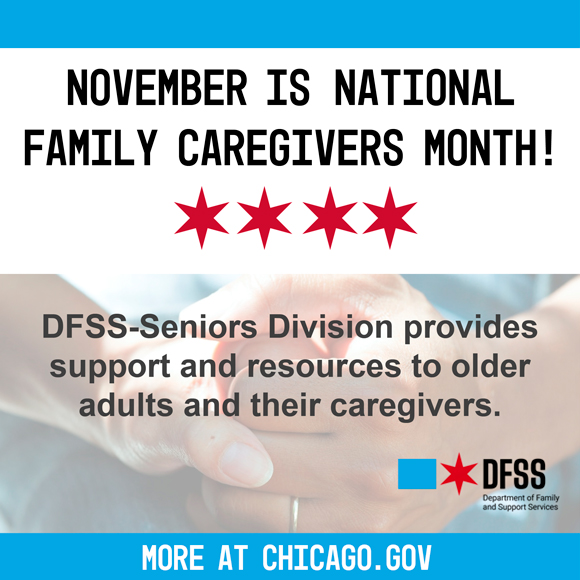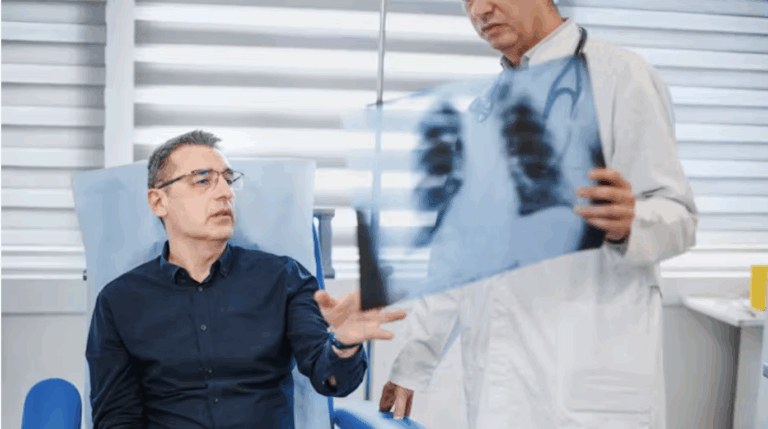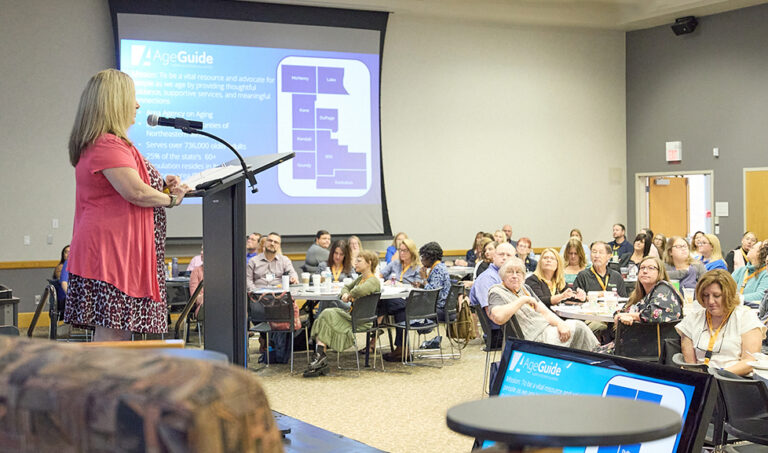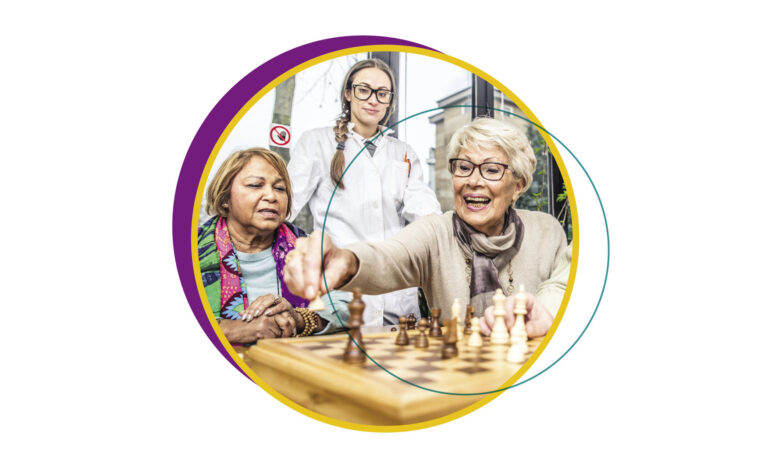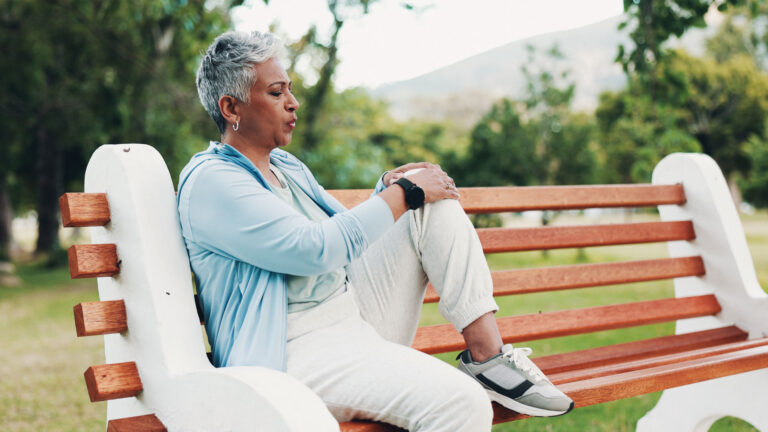A few years ago, my grandmother suffered a fall and broke her hip. She has never fully recovered and is now constantly fearful of falling. She has significantly limited her activities to prevent a fall from ever happening again.
As a scientist focused on translational research in mobility and falls in older adults, of course I asked her how she fell. She stated that she was standing in the kitchen and reading a recipe when the phone rang. When she turned and started to walk over to the phone, her feet “weren’t in the right spot.” She fell sideways and, unfortunately, her hip was unable to absorb the impact without breaking.
For older adults, falls are a leading cause of hip and wrist fractures, concussions, mobility disability, loss of independence, and even death. As it turns out, the circumstances leading up to my grandmother’s fall were typical. In fact, the majority of falls occur when an individual is “dual-tasking,” that is, standing or walking while at the same time performing a separate cognitive task (such as reading), a motor task (carrying groceries), or both (walking while talking and carrying a cup of coffee).
Why does dual-tasking (or multitasking) often lead to falls in older adults?
It turns out that the seemingly simple acts of standing upright, or walking down an empty, well-lit hallway, are quite complex. To complete these tasks, we must continuously stabilize our body’s center of mass — a point located just behind our sternum — over the relatively small base of support that we create by positioning our feet on the ground. This control requires quick reflexes, as well as strong muscles of the trunk, hips, legs, ankles, and toes.
However, to avoid falling we also need to pay attention to our body and environment, predict and perceive unsafe movements of our body, and adjust accordingly. Our brains need to quickly make sense of information coming from our eyes, ears, and bodies to produce patterns of muscle activity that appropriately adjust our body’s position within the environment.
Therefore, tasks of standing and walking are in fact cognitive tasks, and these tasks require more and more cognitive effort as we grow older and our senses and muscles no longer work as well as they once did. For my grandmother and many others, dual-tasking led to a fall because it diverted shared cognitive resources away from the critical job of controlling her body’s center of mass over her feet on the ground.
The role of our minds in the avoidance of falls is striking
Older adults who are cognitively impaired are more than two times as likely to fall compared to those who are cognitively intact. A recent study by researchers at the Albert Einstein College of Medicine has shown that even subtle differences in the brain’s ability to dual-task when walking are predictive of future falls in healthy older adults. Specifically, the researchers asked their volunteers to walk while completing a word-generation task in their laboratory, and used a technology called functional near-infrared spectroscopy to measure brain activity. Those volunteers who required more brain activity (mental effort) to complete these tasks were more likely to fall during a four-year follow-up period.
Thankfully, these startling studies have a silver lining: they suggest that cognitive function is a promising — and largely untapped — target for the prevention and rehabilitation of falls.
It seems like only a matter of time before cognitive and dual-task training become mainstays of fall prevention programming in older adults. In the meantime, if you are worried about falling, or feel like your balance is slipping, you might consider the following:
- Be aware of your surroundings. Try to minimize distractions if and when you find yourself standing in a crowded room, walking down an uneven sidewalk, or in a hurry to get to an appointment. In these situations, avoid answering your cellphone, keep conversations light, and prioritize your balance above all else.
- Keep your mind sharp. Cognitive decline is not an unavoidable consequence of aging. There are evidence-based tips for maximizing your mental abilities into older age.
- Consider joining a group activity class focused on tai chi, yoga, or dance. These safe mind-body exercises have proven effective for improving balance and even reducing falls in numerous populations of older adults.
- Remember that falls rarely occur due to a single factor, like poor muscle strength, fatigue, or reduced vision. Instead, they usually occur when multiple factors combine to cause an irrecoverable loss of balance. Multifactorial strategies therefore appear to be the best “medicine” for the avoidance of falls over time.
(Brad Manor, PhD, is a contributor to Harvard Health Publications.)
(C) 2020 by Harvard University. For terms of use, please see https://www.health.harvard.edu/terms-of-use.



